Data Cabling and Sustainability: Can Your Network Go Green?
When you think about sustainability, data cabling might not be the first thing that comes to mind. After all, it’s just cables, right? But as businesses strive to reduce their environmental footprint, the choices we make in building our networks can play a surprisingly significant role. Sustainable data cabling isn’t just a buzzword—it’s a practical way to make your business greener without sacrificing performance.
Let’s explore how your cabling choices can make a positive impact on the planet (and maybe even your energy bills).
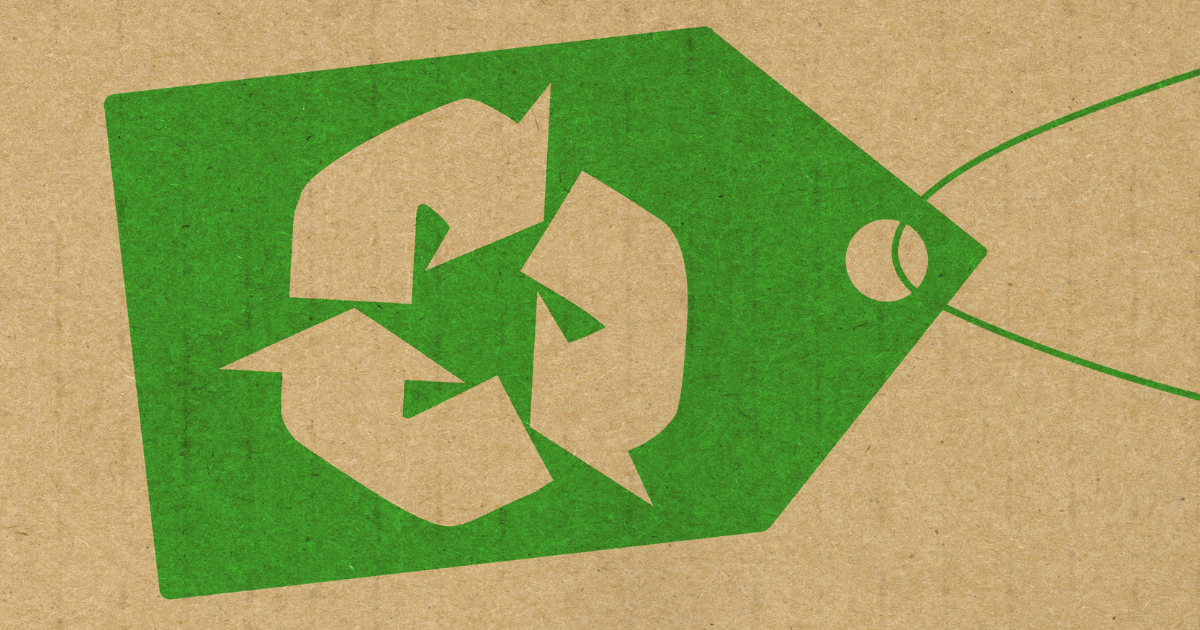
It’s possible to practice sustainable data cabling within businesses.
What Is Sustainable Data Cabling?
Sustainable data cabling involves using materials, designs, and practices that reduce waste, energy consumption, and environmental impact. It’s about future-proofing your network while minimising harm to the planet.
Think of it as a win-win:
- Your business gets a reliable, high-performance network.
- The environment gets a little breather.
Why Should You Care About Sustainable Cabling?
- Environmental Responsibility
Today’s businesses are under increasing pressure to operate sustainably. Whether it’s reducing e-waste or using recyclable materials, your cabling choices can contribute to a greener world. - Cost Efficiency
Energy-efficient networks can reduce your electricity bills over time. Sustainable doesn’t just mean eco-friendly—it often means cost-effective too. - Compliance and Reputation
Many industries now have regulations around sustainability. Plus, showing your customers and partners that you care about the environment enhances your brand reputation.
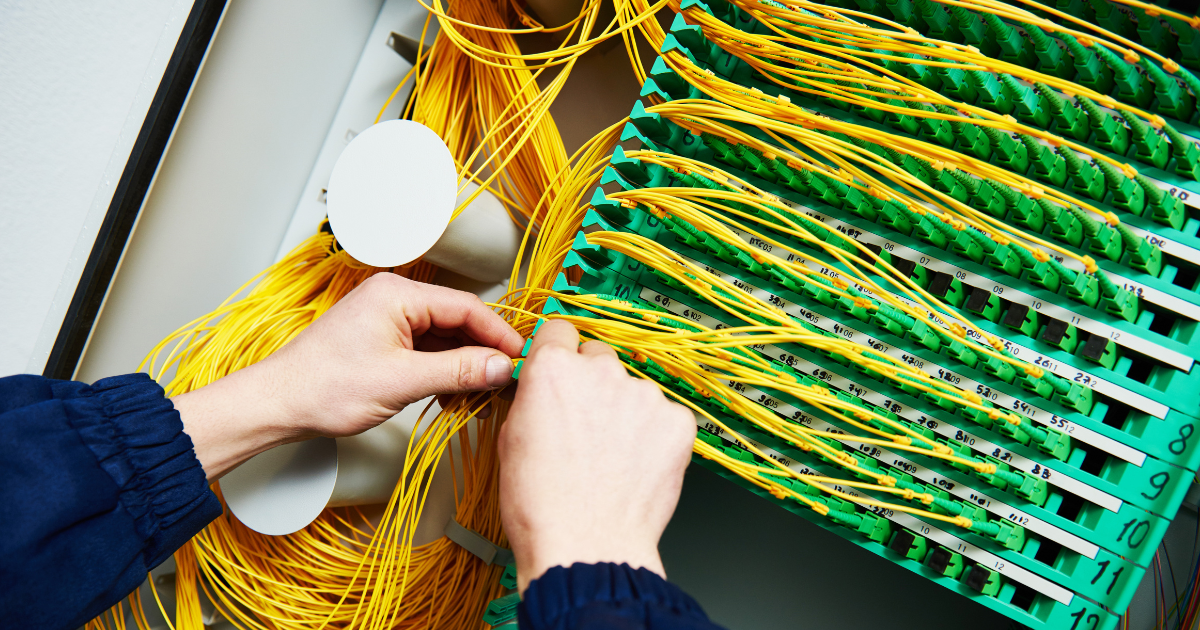
A professional installer setting up a network with fibre optic cables in an organized server room.
What Makes a Data Cabling System Sustainable
Here are the key factors to look for:
- Energy-Efficient Equipment
Pairing efficient cabling with low-energy network devices can drastically reduce overall energy consumption. Look for equipment designed to minimise power use, especially for systems that run 24/7. - Recyclable and Eco-Friendly Materials
Many cables are made with plastic coatings and metals that can be recycled. Choosing recyclable cables means less waste when it’s time to upgrade. - Longevity and Scalability
Future-proofing your cabling system reduces the need for frequent upgrades. Higher-quality cables like Cat6a or fibre optics can handle tomorrow’s demands, meaning less waste over time. - Efficient Cable Management
A properly installed and managed cabling system uses fewer resources and minimises clutter, making maintenance easier and extending the system’s lifespan.
Tips for Building a Sustainable Network
- Plan Ahead
Work with professionals to design a cabling system that meets your current needs while allowing for future growth. Overhauling networks too often increases waste. - Choose Quality Over Quantity
Investing in durable, high-performance cables reduces the need for replacements, saving both money and resources. - Dispose of Old Cabling Responsibly
When upgrading, don’t just toss old cables into the bin. Many companies offer recycling programmes for network equipment and cabling. - Go Fibre Optic
Fibre optic cables are more energy-efficient and durable than traditional copper cabling, making them a more sustainable option for businesses looking to reduce energy use.
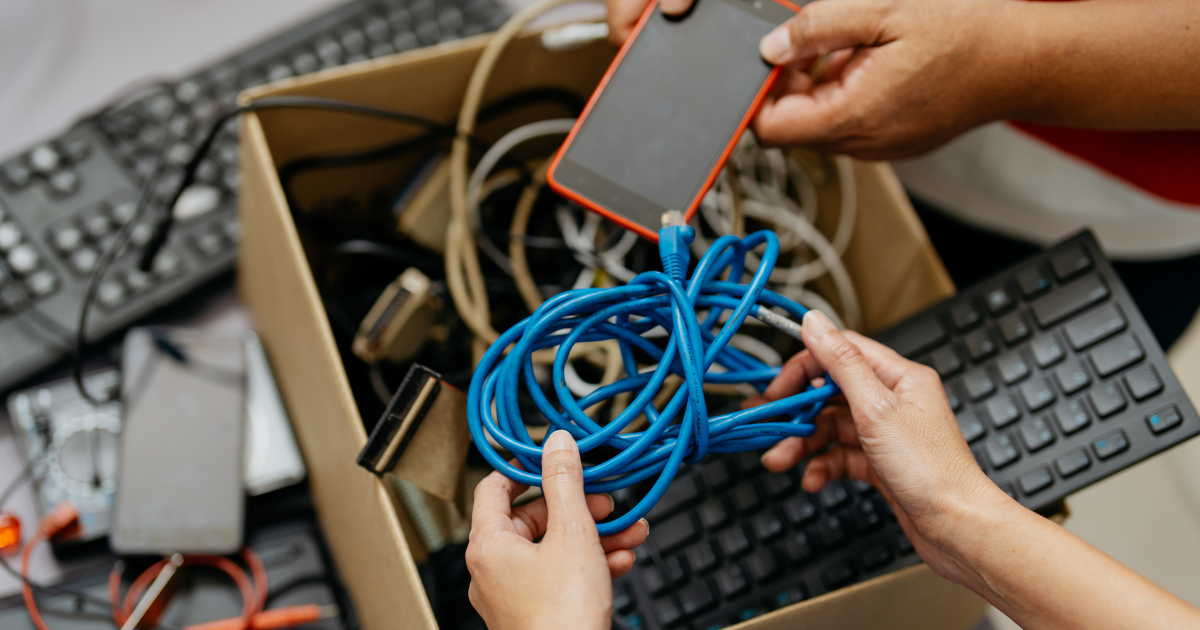
Recycling bins with discarded network cables ready for recycling.
The Benefits of Going Green with Data Cabling
- Lower Operating Costs: Energy-efficient networks mean lower utility bills.
- Future-Proofing: Sustainable choices last longer, reducing costs in the long term.
- Environmental Impact: Fewer resources used, less waste produced.
- Positive Brand Image: Consumers increasingly favour businesses with green credentials.
Can Sustainability Still Mean High Performance?
Absolutely! A sustainable network doesn’t mean compromising on speed, reliability, or scalability. In fact, many eco-friendly solutions, like fibre optics, outperform their traditional counterparts. With the right planning and materials, your network can be both green and top-notch.
Final Thoughts: Building a Greener Future, One Cable at a Time
Sustainability isn’t just about big gestures—it’s in the small decisions, like choosing the right cables for your business. By investing in eco-friendly materials, planning for the future, and properly managing your network, you can build a greener business without missing a beat.
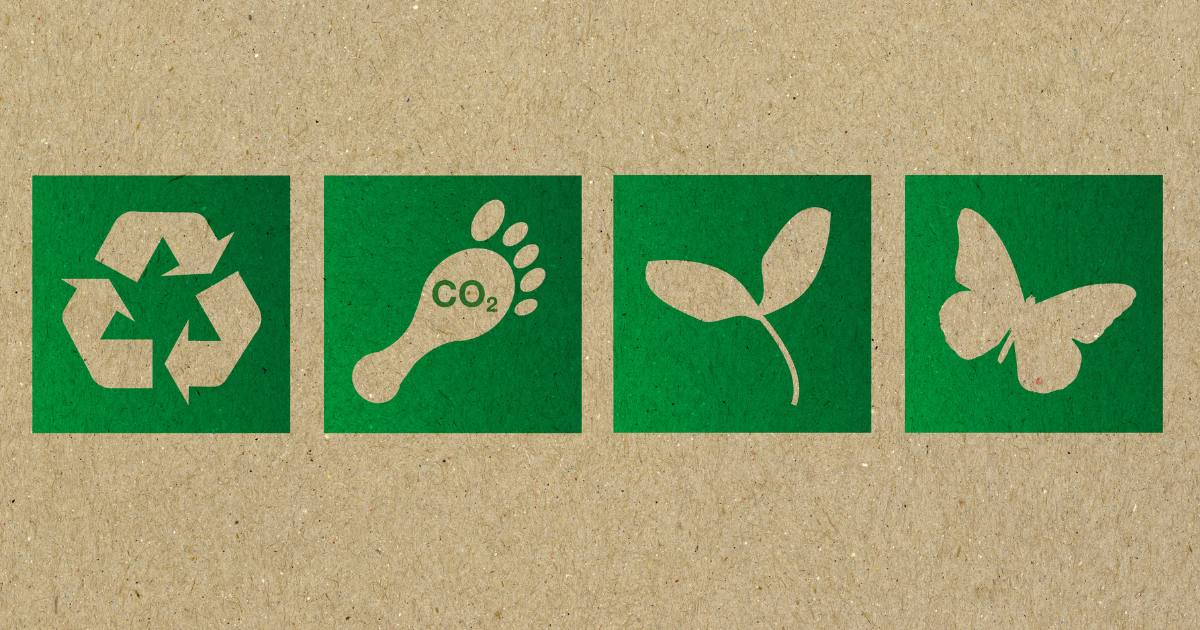
Sustainable data cabling practices are the way to go for modern UK businesses.





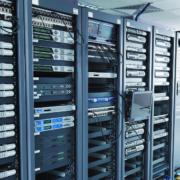


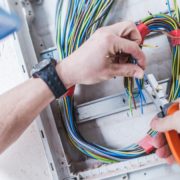



Leave a Reply
Want to join the discussion?Feel free to contribute!